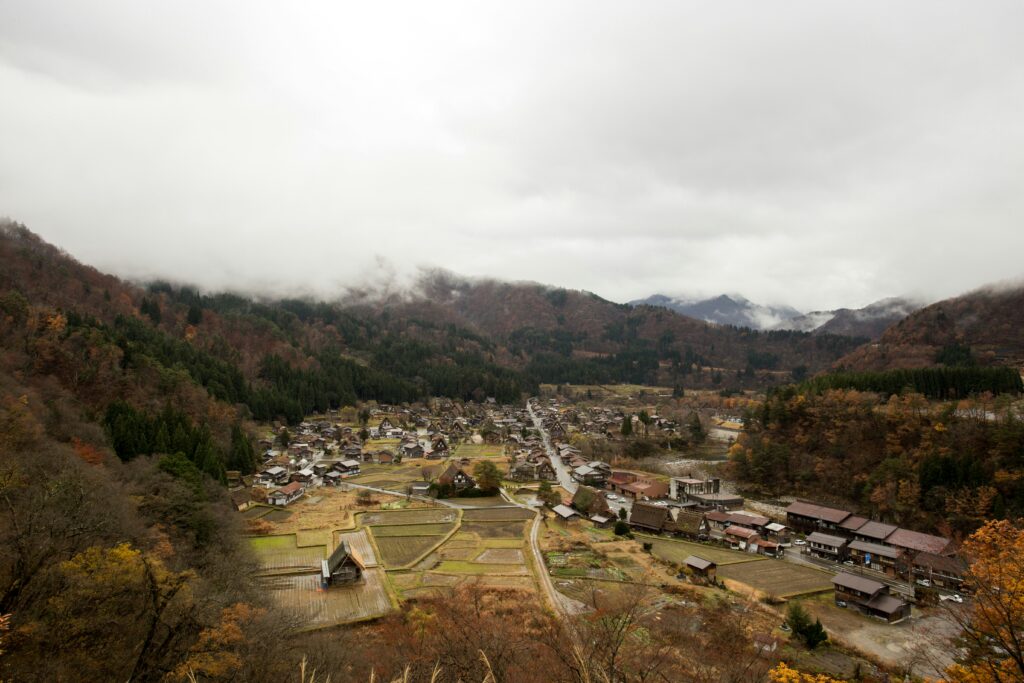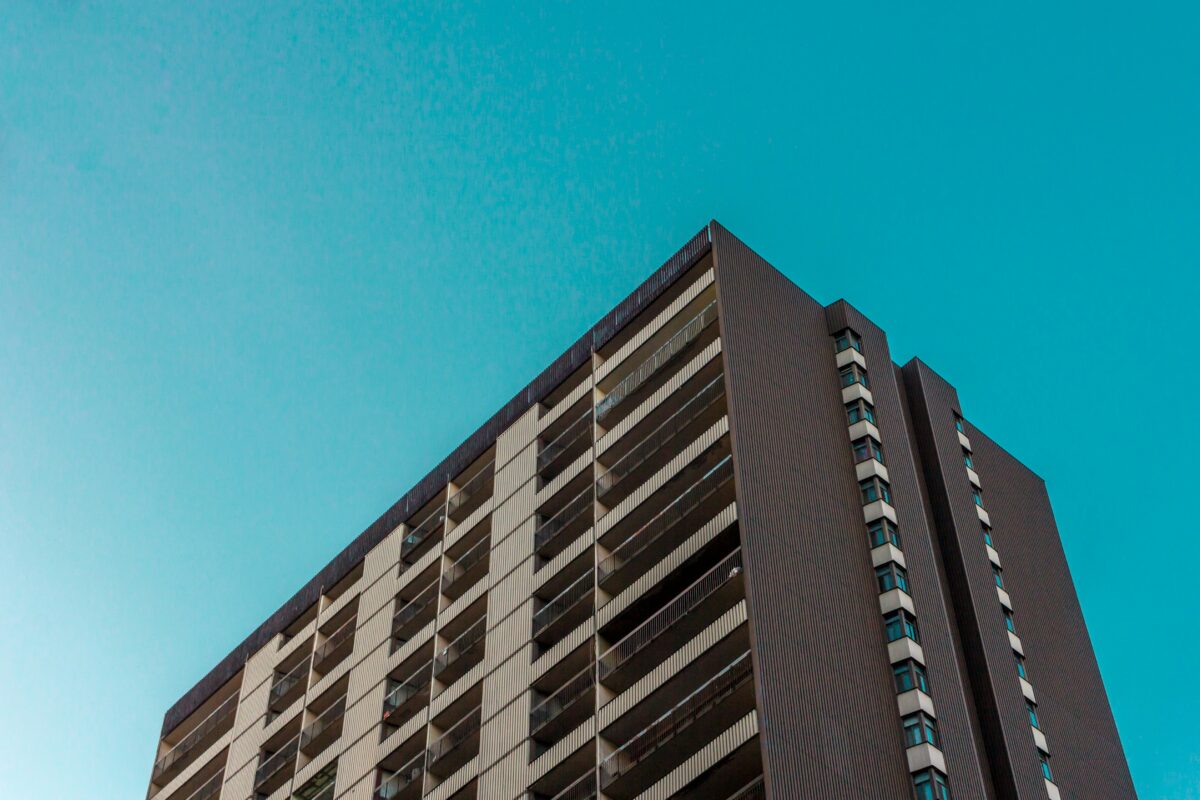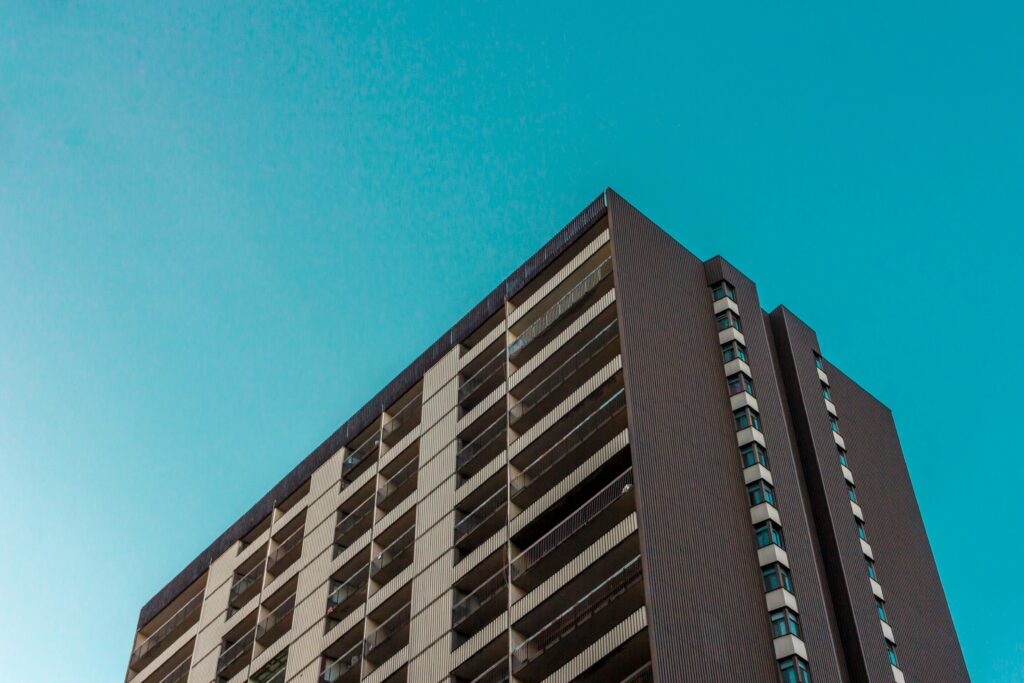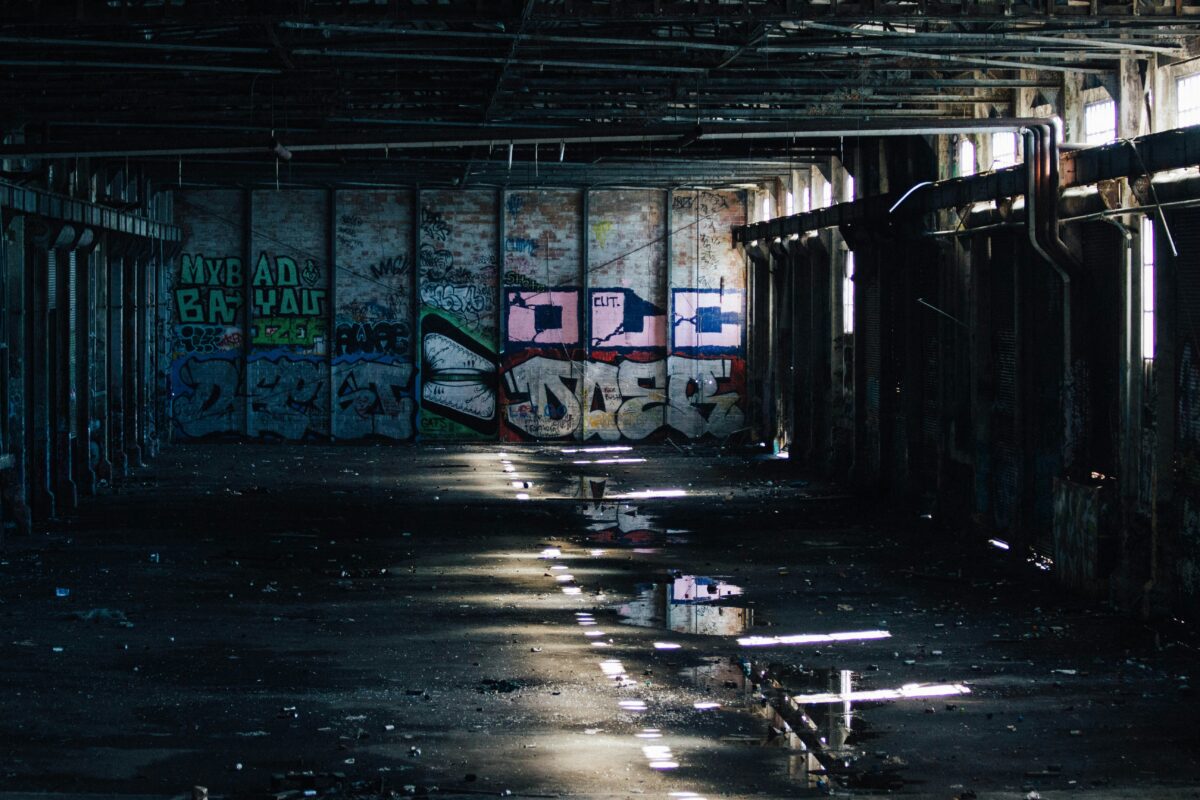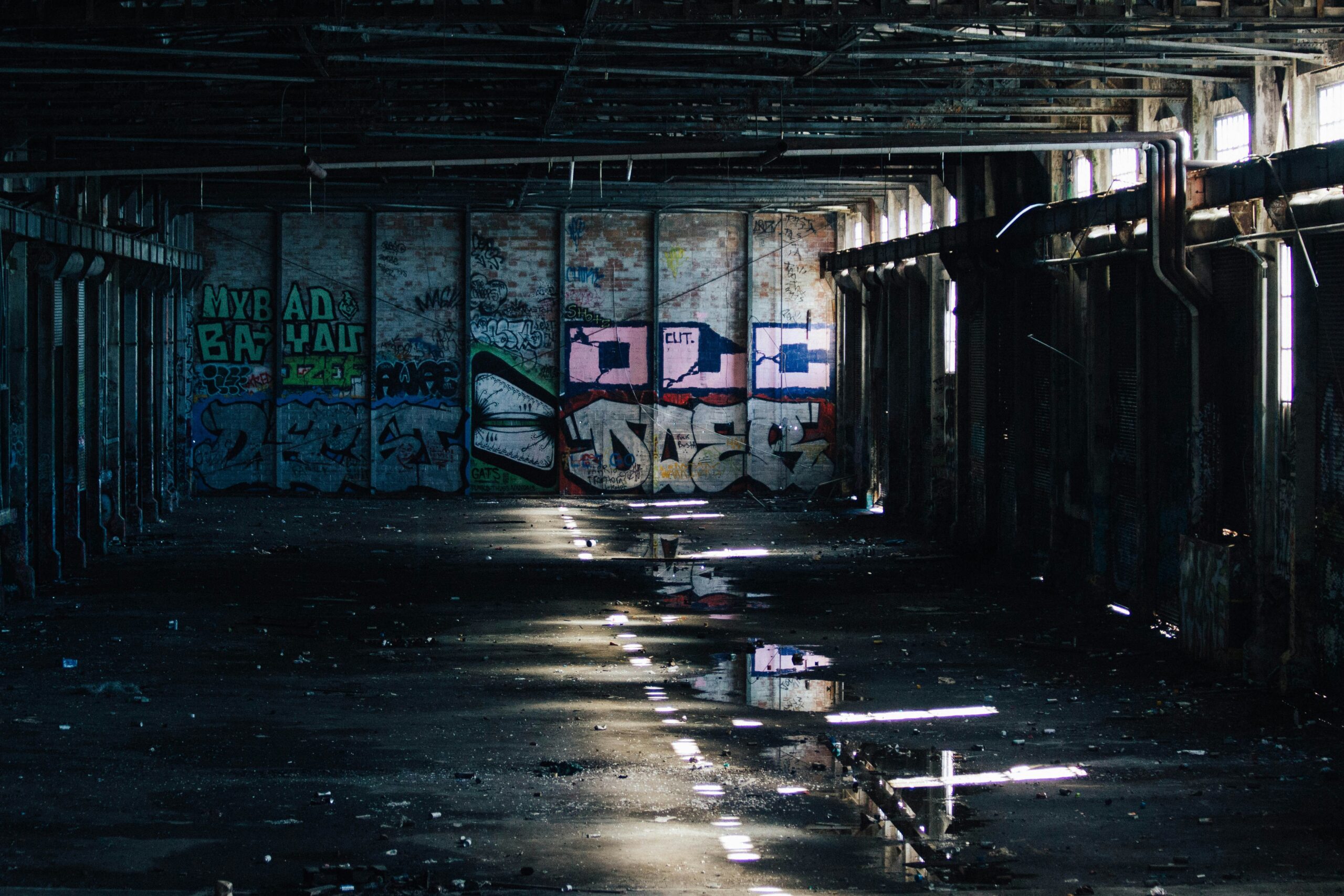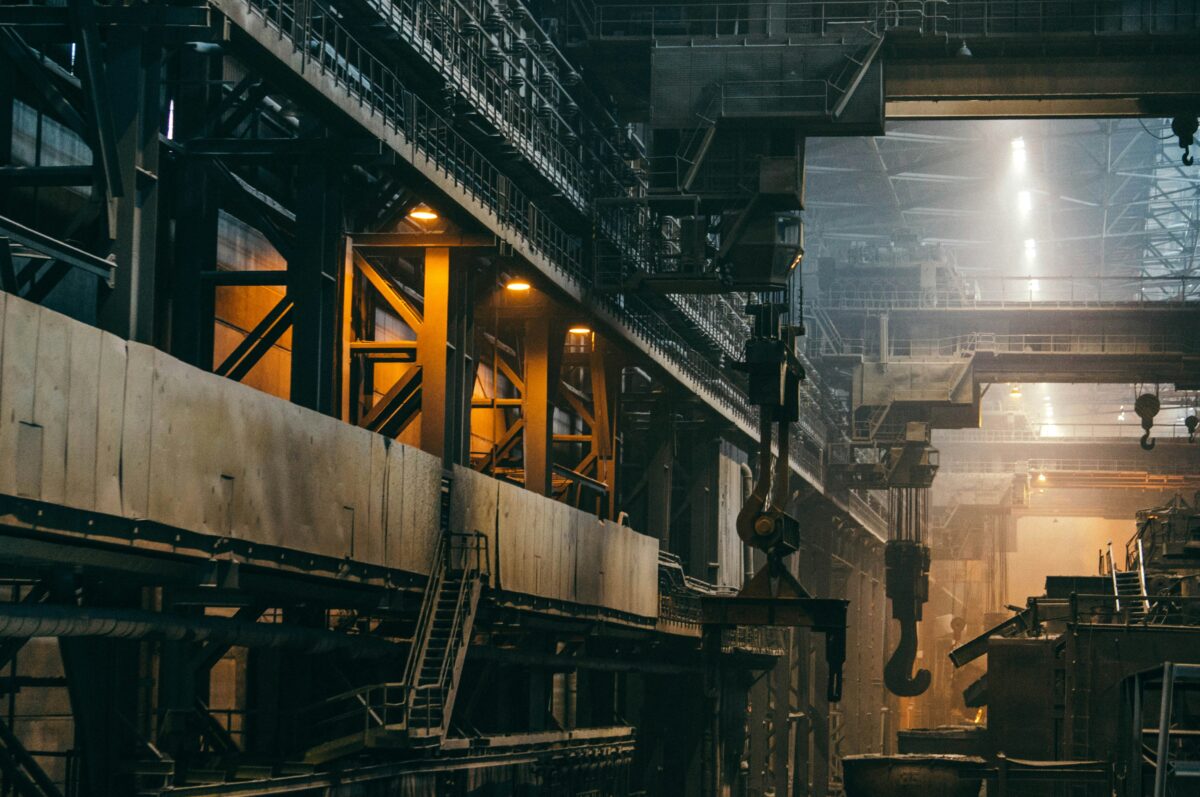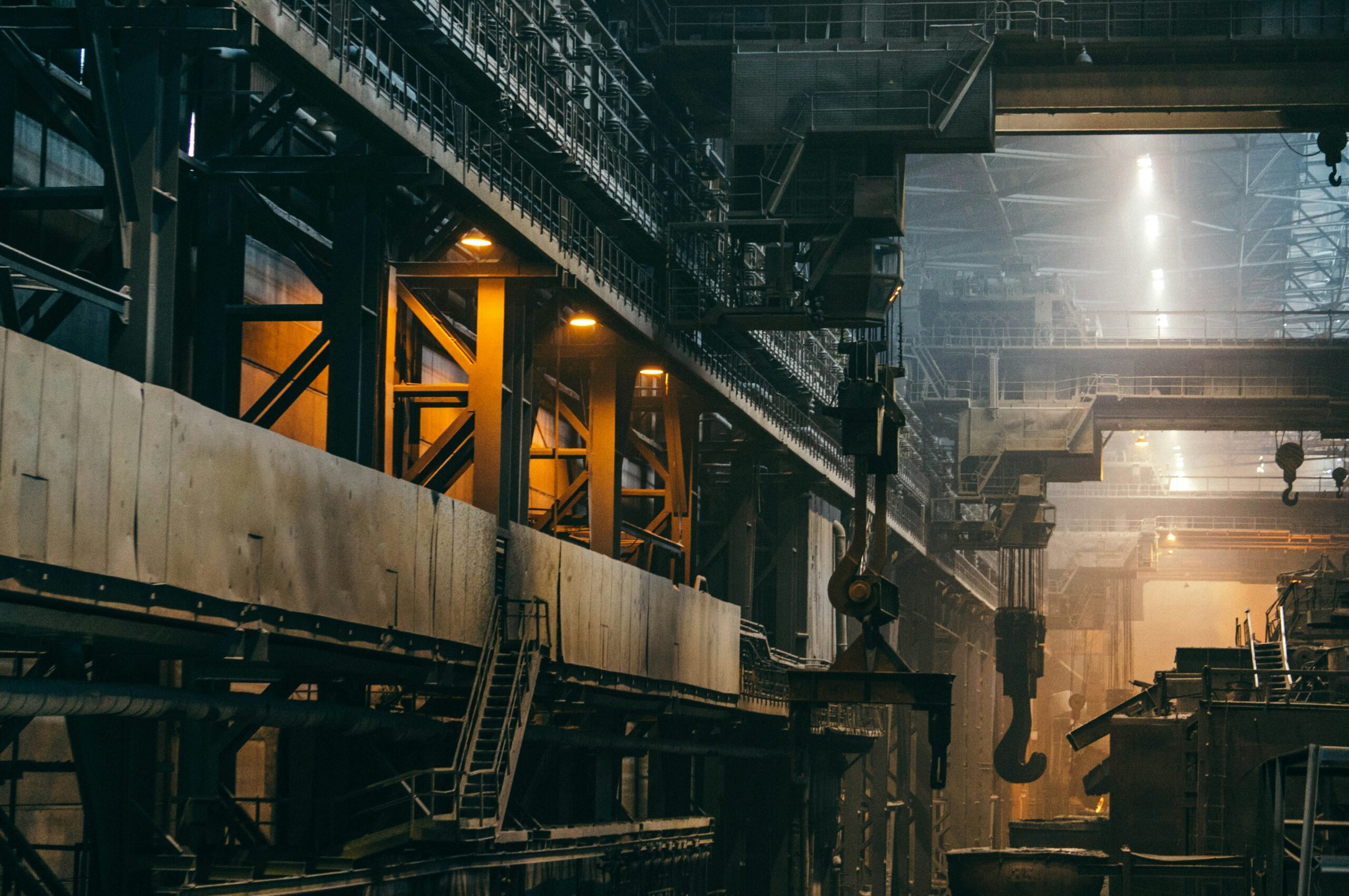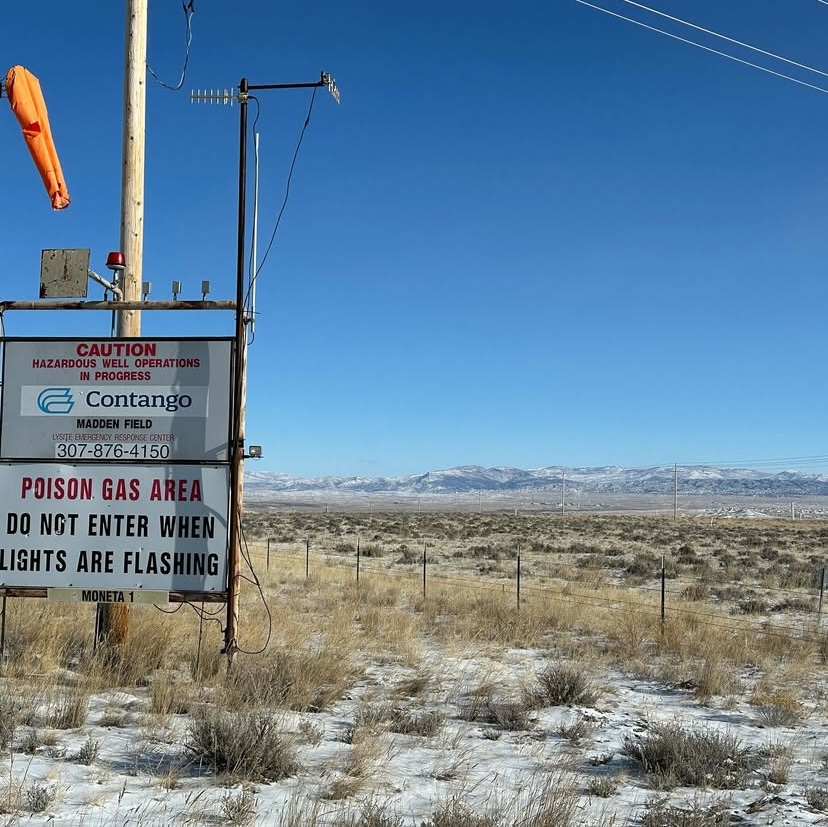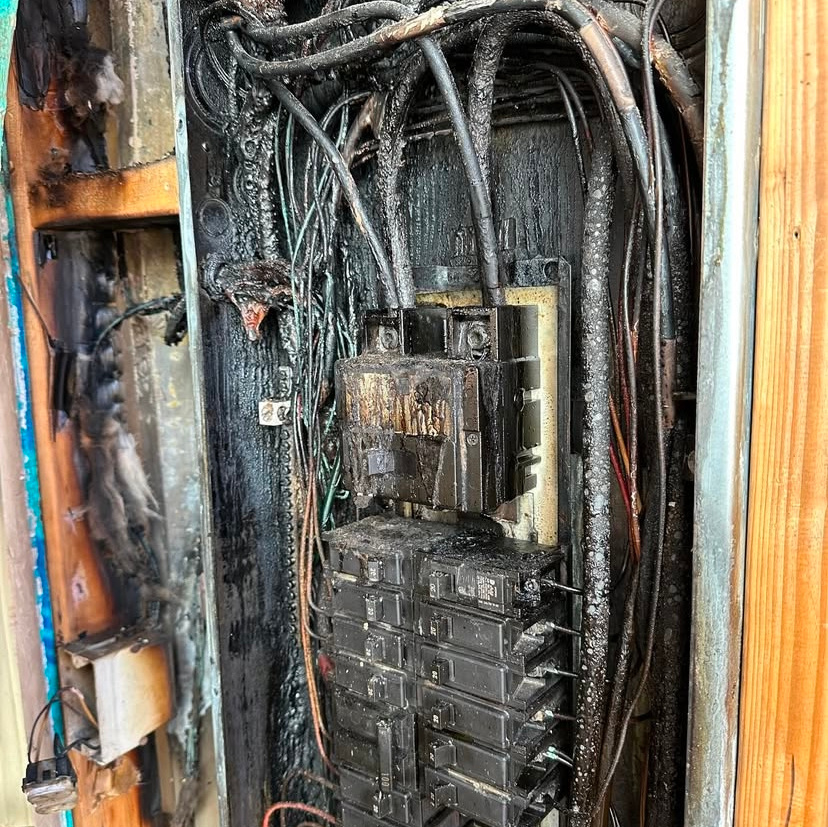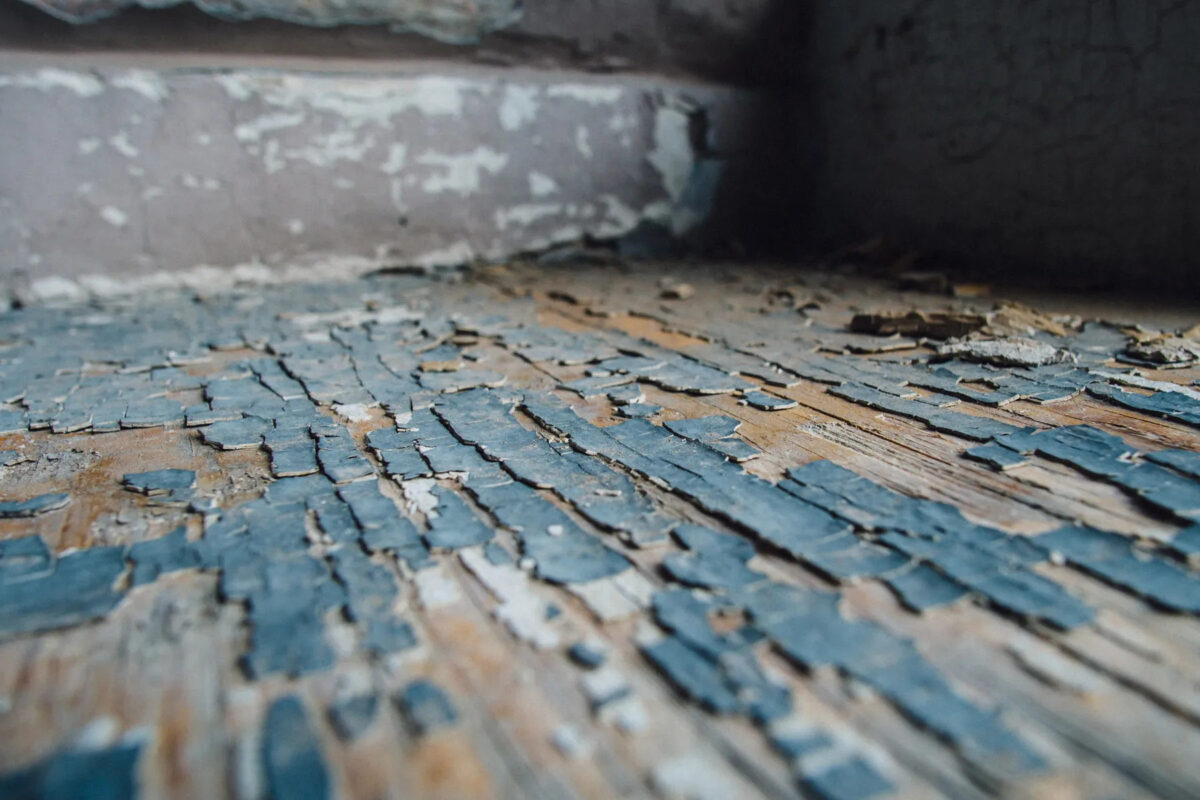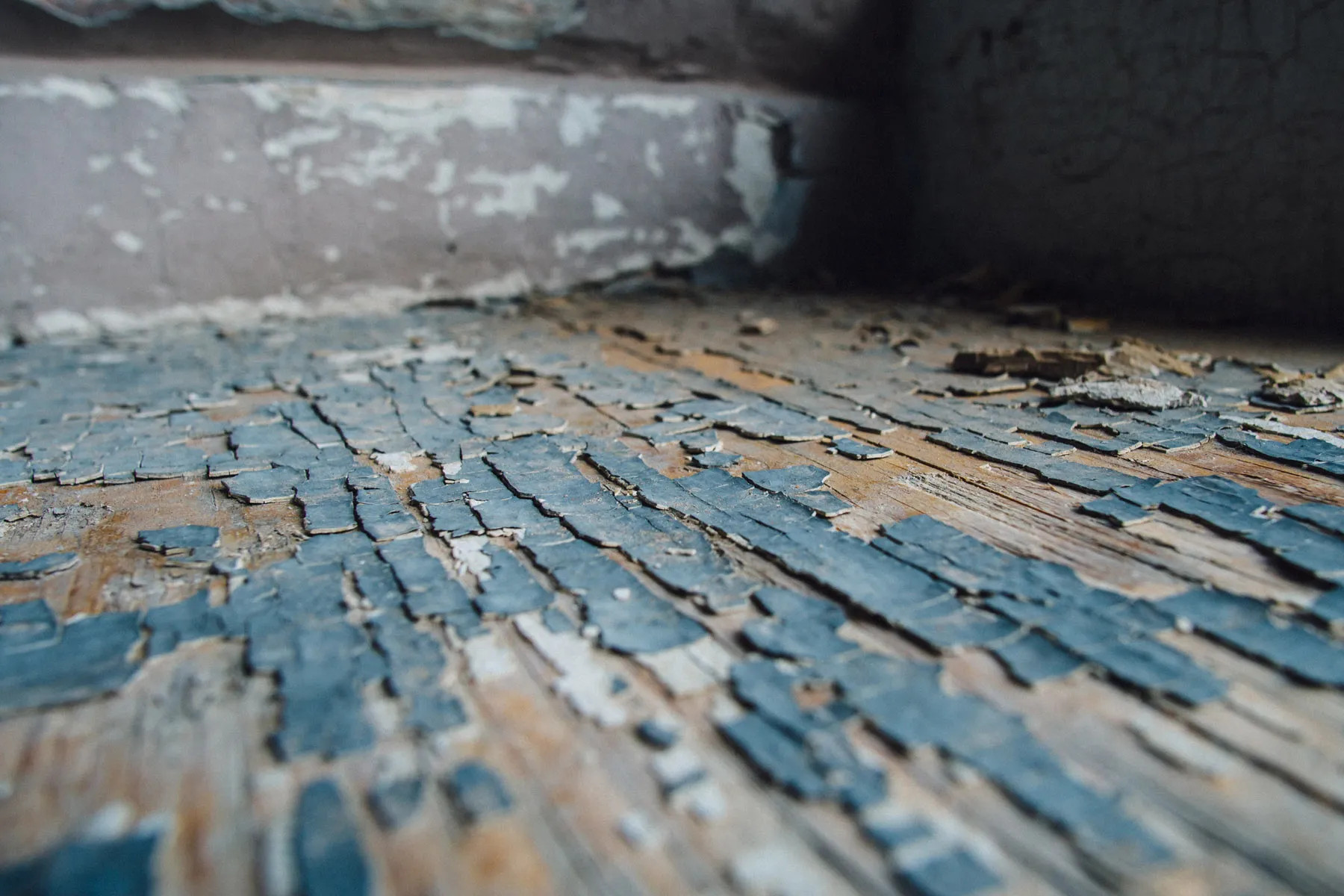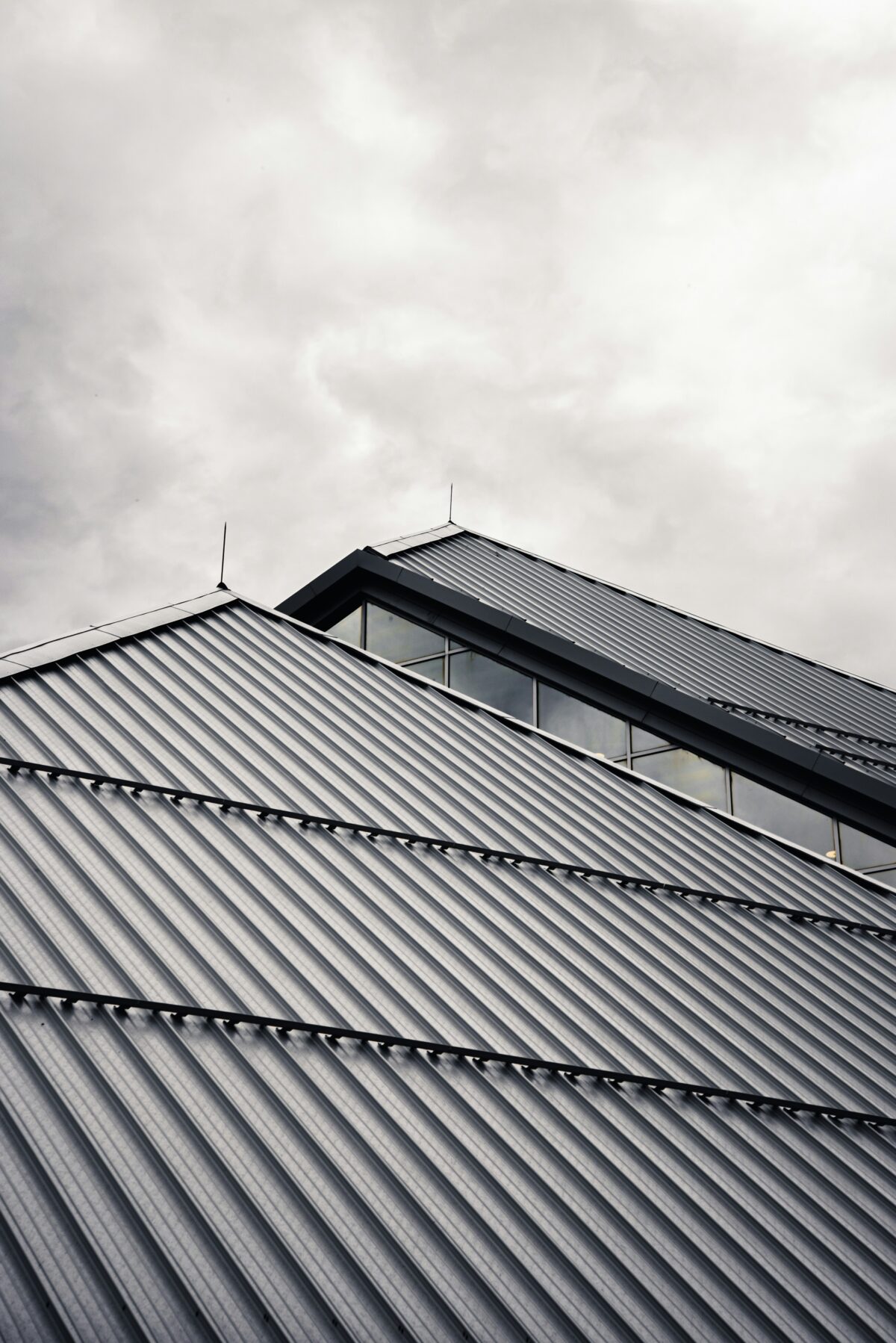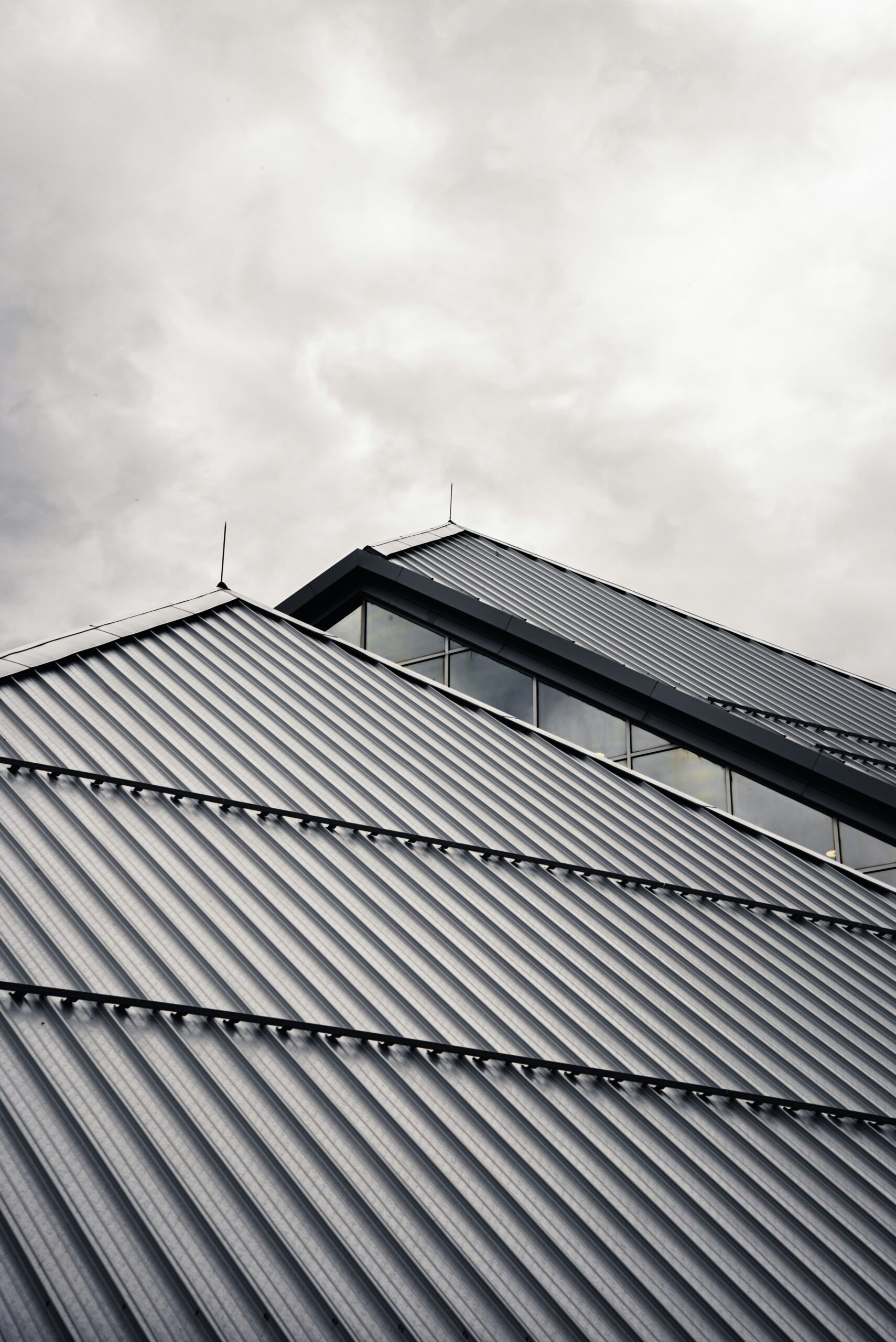
Winterizing Your Commercial Property: A Guide from Your Trusted Building Inspectors
As fall settles in, it’s crucial for commercial property owners and managers to prepare for winter. Proper winterization not only protects your investment but also ensures the safety and comfort of your tenants and employees. Here are essential steps to take this season.
1. Conduct a Roof Inspection
Autumn is the ideal time to assess your commercial roof for potential issues. Look for damaged or missing shingles and check for debris that can cause water pooling. Schedule a professional inspection to identify and address any vulnerabilities before snow and ice arrive.
2. Clear Gutters and Downspouts
Clogged gutters can lead to water damage and ice dams during winter. Ensure that all gutters and downspouts are cleared of leaves and debris. Installing gutter guards can provide added protection and minimize maintenance throughout the season.
3. Seal Windows and Doors
Drafts from windows and doors can lead to increased heating costs and uncomfortable conditions inside your building. Inspect all entry points for gaps and use weatherstripping or caulk to seal them. This simple measure enhances energy efficiency and improves tenant comfort.
4. Service Your Heating System
Before the colder months, arrange for a comprehensive inspection of your heating system. Replace filters, clean ducts, and ensure all components are functioning properly. If your building has a boiler or other heating systems, schedule professional maintenance to avoid unexpected breakdowns.
5. Insulate Pipes
Prevent frozen and burst pipes by insulating any exposed pipes, particularly in unheated areas like basements and utility rooms. Pipe insulation is a cost-effective way to safeguard your plumbing and minimize the risk of water damage.
6. Prepare Outdoor Spaces
Don’t overlook your exterior spaces. Drain and store hoses, clear sidewalks of debris, and secure outdoor furniture. If your property has a landscape, ensure that plants are winterized and that any irrigation systems are properly drained.
7. Inspect the Building’s Foundation
Examine the foundation for cracks or gaps that could allow cold air or moisture to enter. Sealing these openings can help maintain energy efficiency and protect the integrity of your building.
8. Plan for Winter Emergencies
Winter can bring unpredictable weather, so it’s wise to prepare for emergencies. Stock up on essential supplies such as salt for ice management, snow shovels, and a basic first aid kit. Ensure that your building’s emergency plan is updated and communicated to staff.
Conclusion
Taking the time to winterize your commercial property this fall can save you from costly repairs and ensure a safe environment for your tenants and employees. At Fremont Safety, we are committed to helping you protect your investment. If you need assistance with inspections or winterization services, please reach out. Let’s work together to ensure your property is ready for the winter ahead!
